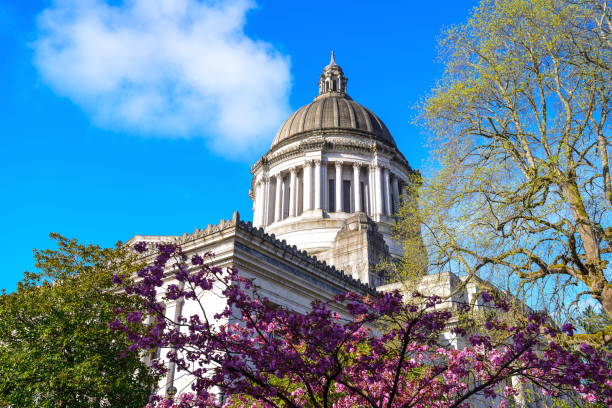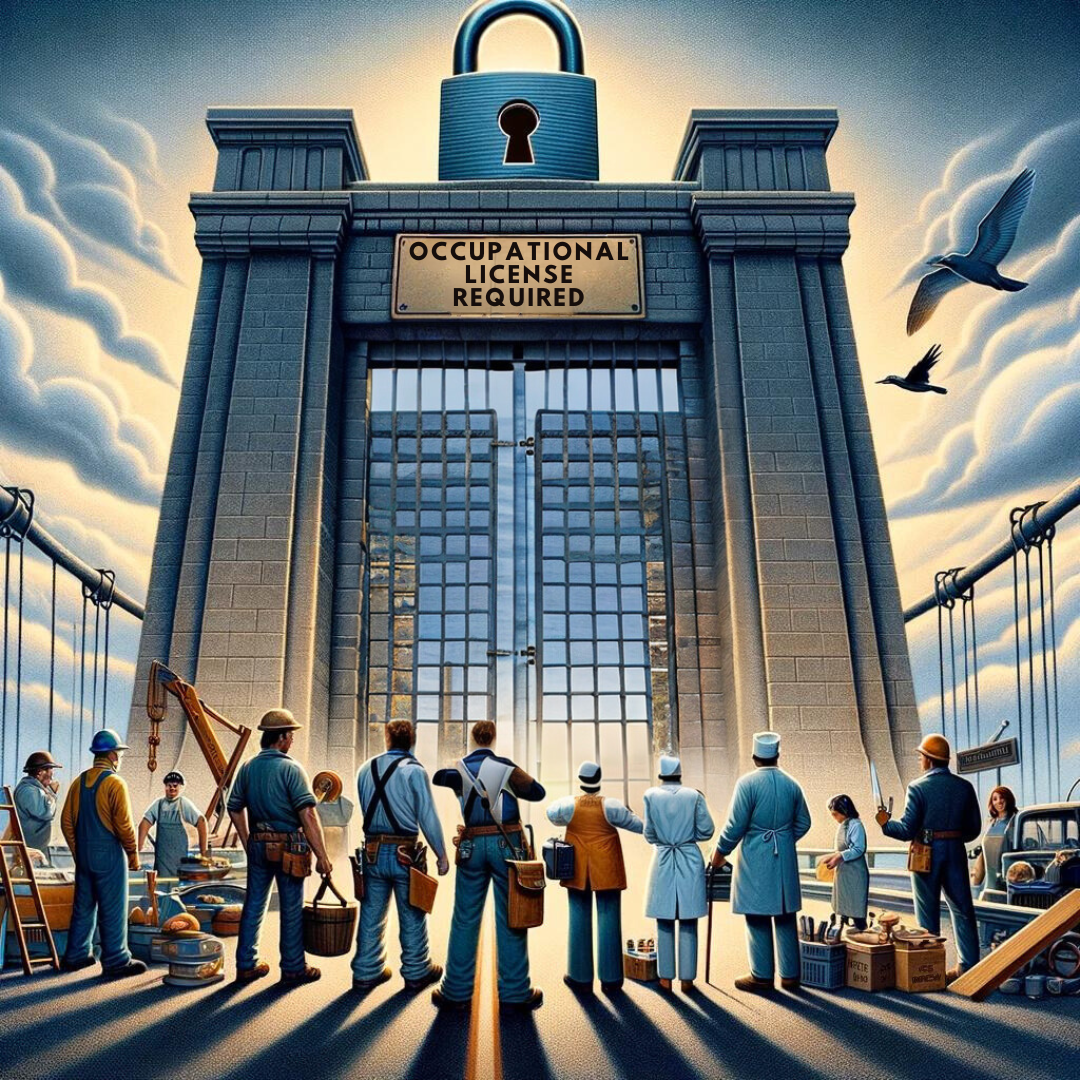Spokane County Commissioners take a stand for open government

The Spokane County Board of Commissioners today passed a resolution that will lift the veil of secrecy from the collective bargaining negotiations between the County and its employees.
Spokane follows the trail blazed by Lincoln, Kittitas and Ferry Counties, as well as the Pullman School District, in requiring that public employee collective bargaining negotiations be open to the public. The Tukwila School District also adopted a resolution opening collective bargaining to the public, but it was later repealed by a new school board under pressure from organized labor (despite appeals of residents).
The strongly worded Spokane County resolution declares that “collective bargaining agreements (CBAs) are among the most expensive contracts negotiated by Spokane County” and the “appearance of secret deal-making will be eliminated by allowing public oversight” to those negotiations.
Spokane County Commissioners say the resolution “guarantees that the public can witness where millions of their public dollars are being spent and how they are negotiated” and “continues our commitment to make local government more transparent.”
In 2017 the County adopted a budget transparency resolution opening the budget process up to the public. That resolution allows taxpayers to participate in public hearings on budget proposals, giving them the opportunity to offer input on how their tax dollars are spent. The County’s newest resolution does not allow public participation in collective bargaining negotiations but it does allow the public to better understand how employee contracts impact the County’s budget.
While local governments move towards greater transparency, efforts to open public employee collective bargaining at the state level have not been successful. Legislation removing the exemption from the state’s Open Public Meetings Act that expressly allows officials to negotiate with taxpayers’ money behind closed doors has not been successful.
Secrecy is not the rule in every state. Washington’s neighbors to the south and east, Oregon and Idaho, both require collective bargaining negotiations be open to the public. In fact, a total of 22 states that allow public employee collective bargaining do not specify any exemption for those negotiations from their state’s open meetings law. Some of those states’ open meetings laws even go so far as to explicitly require some level of public access to various components of those negotiations. Some states require negotiations to be completely open to give the public unfettered access, while other states mandate that specific portions of the negotiating process be open to the public.
In other words, there are examples from across the country of government officials putting the public first by providing transparency in important decisions that have significant impacts on public spending. All with no adverse impacts on the negotiating process.
There is no reason all public employee contract negotiations in Washington should not be subject to the state’s Open Public Meetings Act. At a minimum, though, government officials should adopt an openness process like the one used by the City of Costa Mesa in California to keep the public informed. The policy used there is called COIN (Civic Openness in Negotiations).
Under the COIN process, all of the contract proposals and documents that are to be discussed in closed-door secret negotiations are made publicly available before and after the meetings, with fiscal analysis provided showing the potential costs.
While not full-fledged open meetings, providing access to all of the documents before the meetings better informs the public about the promises and tradeoffs being proposed with their tax dollars before an agreement is reached. This also makes clear whether one side or the other is being unreasonable in its demands, and quickly reveals whether anyone is acting in bad faith.
This form of openness works well in Costa Mesa and could be adopted by Washington state and local officials if fully open negotiations are not allowed.
In the meantime, as yet another local government makes the decision to take a stand for the public’s right to know, perhaps more state and local officials will be inspired to follow in their footsteps.







